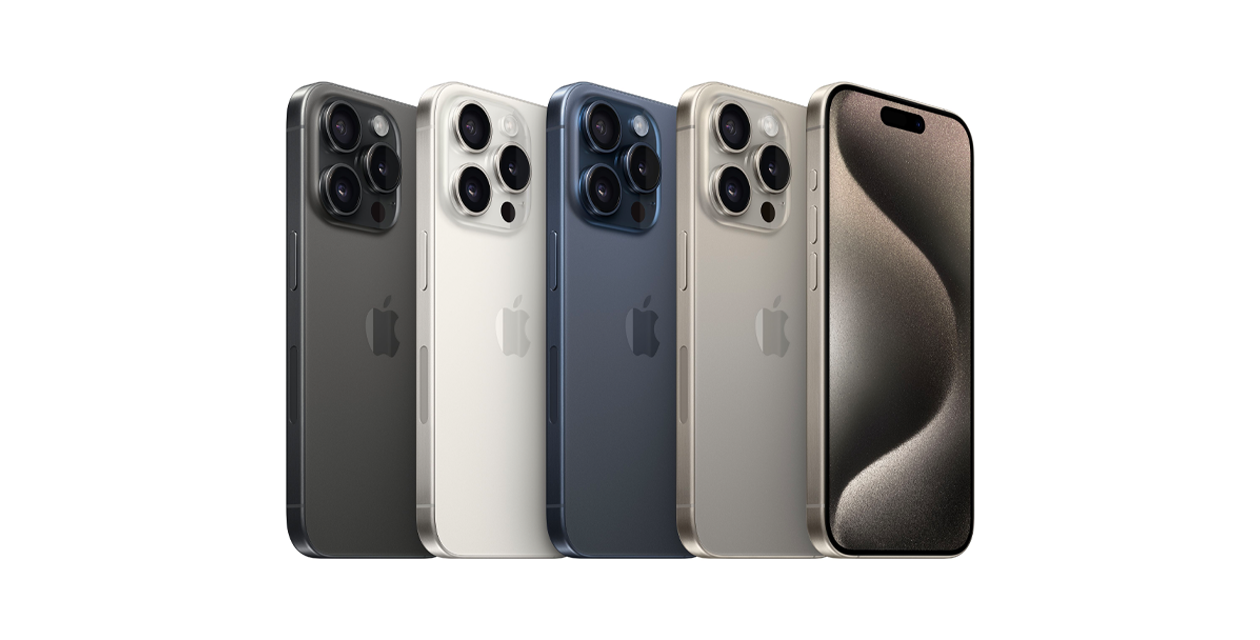iOS 13 will shrink the gap between mobile and desktop computing further by adapting some of the desktop metaphors, including windows, detachable panels and more.
iOS 13 changes
At the same time, the software will address some of the longest-standing pain points by introducing a redesigned volume HUD that isn’t as obtrusive as the current one, a new dedicated gesture for the Undo function and so forth.

People familiar with the development of the operating system shared these and other exclusive details with Brazilian iOS developer and 9to5Mac contributor Guilherme Rambo.
Key takeaways
- Volume HUD: The comically obtrusive volume HUD in iOS was slightly tweaked in iOS 11, but now will be getting a major visual overhaul.
- Better Hey Siri rejection: The hands-free Hey Siri feature will be better at rejecting the hot phrase when mistaken for common noises such as laughter and crying babies.
- Undo gesture: The shake-to-undo action for invoking the Undo function in apps is an inadequate gesture for such a commonly-used feature. Apple implemented shake-to-undo on iPod and it made its way into iPhone and iPad, but many apps introduce their own Undo gestures, which only serves to prove that iOS still hasn’t gotten Undo right. iOS 13’s new Undo gesture for text input on iPad is a three-finger tap on the keyboard area, followed by a left or right slide to Undo or Redo. “There will be a tutorial the first time the keyboard is opened to teach users how to use the new feature,” the author claims. “It’s possible that developers will be able to adopt this interaction in custom controls through a public API.”
- Safari changes: Safari on iPad will automatically request a website’s desktop version to make it more compatible with certain websites. AS a result, visiting YouTube in Safari on iPad will now serve up the full desktop website rather than its mobile counterpart.
- Mail changes: Mail will automatically organize your messages into searchable categories like Marketing, Purchases, Travel, Not Important and more, plus you’ll be able to add an email to a read-later queue. These features are found in some of the vest third-party email apps, but now they’ll be a part of the stock Mail app, too.
- Font management: A new font-management section within the Settings app will simply font management on iOS, which currently requires install a special configuration profile to get new fonts into iOS. “A new standard font picker component will be available for developers and the system will notify the user when they open a document that has missing fonts,” reads the article.
- Tidbits: Other notable tidbits in iOS 13 will reportedly include a redesigned Reminders app (also coming to macOS), better multilingual support for keyboards and dictation, as well as expanded in-app printing controls.
I like all those improvements, but they feel a bit—”expected”, is the right word? What I’m really looking forward to are iPad-specific changes to multitasking and multi-item selection, which is currently a bit cumbersome.
iPad-specific changes
The article states that Apple will introduce iPad-specific changes in iOS 13 designed to improve collaboration in document-based apps, like Pages, Numbers and Keynote, including a new multi-selection gesture, light/dark styles for side-by-side apps and app windows.
On app windows:
iPad apps will support multiple windows, letting you work on multiple documents at once.
From the write-up:
Each window will also be able to contain sheets that are initially attached to a portion of the screen but can be detached with a drag gesture, becoming a card that can be moved around freely similar to what an open-source project called PanelKit could do.
The author continues by saying that these cards can be stacked on top of each other or dismissed with a flick gesture.
On the new multi-selection gesture:
The focus on productivity on iOS continues with the inclusion of new gestures to allow for the selection of multiple items in table views and collection views, which make up for most of the user interfaces found in apps that list large amounts of data. Users will be able to drag with multiple fingers on a list or collection of items to draw a selection, similar to clicking and dragging in Finder on macOS.
I’m eager to see how this will work. Currently, tapping-and-holding an item in a table view does nothing or enters a multi-selection mode, like in Photos. It would be great if Apple could find a way to start a multi-selection just by holding a finger, without clashing with scrolling.
On light/dark styles for Split View apps:
There will also be the ability for developers to use a different status bar style (light or dark) for each side of a Split View (side-by-side apps), which should prevent issues that currently happen in some apps where the status bar will lack contrast with the background in one side of the split view.
Split Views on Marzipan apps based on iPad designs that run on macOS will get the ability to be resized by dragging the divider and have their position reset when double-clicking the divider, like existing Split View apps on macOS.
Consistency is the name of the game here. If Apple wants to create a seamless experience for users, making iOS and macOS behave more consistently will be key. Marzipan apps are currently terrible, but I’m glad that Apple is constantly improving the framework and listening to developer feedback.
iOS 13 concept video
And now, be sure to check out a nice conceptual video from ConceptsiPhone on YouTube which imagines improvements such as a system-wide Dark Mode, PiP on iPhone, a smart detection camera multi-user support on iPad and more.
So, boys and girls, what do you make of this report? Which new iOS 13 features are you looking forward to the most, and why?
Let us know by sharing your thoughts in the comments down below.






Recent Comments